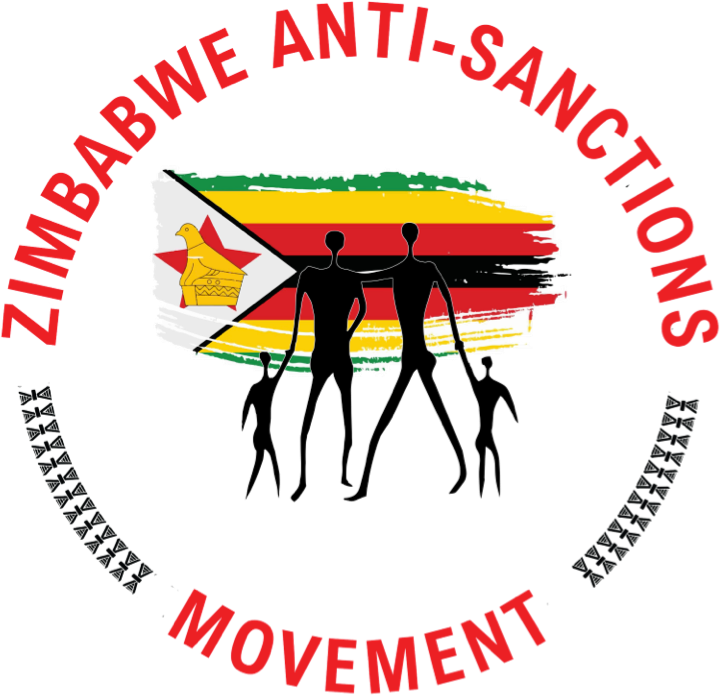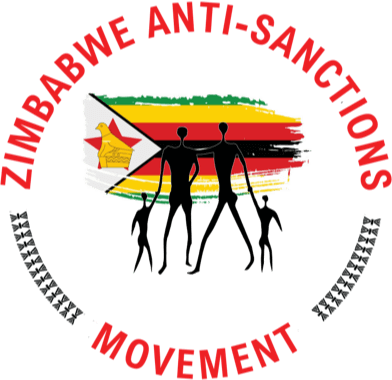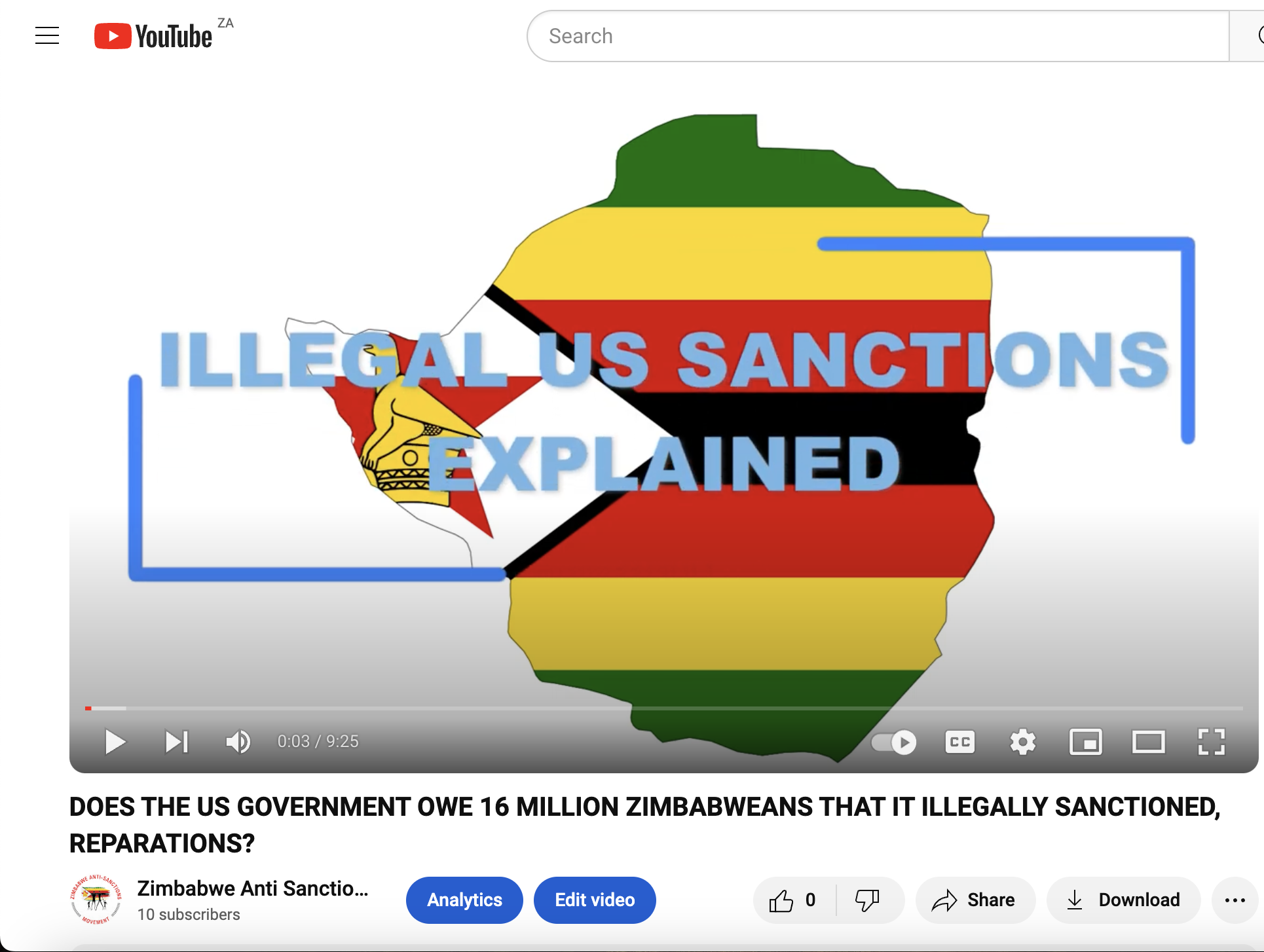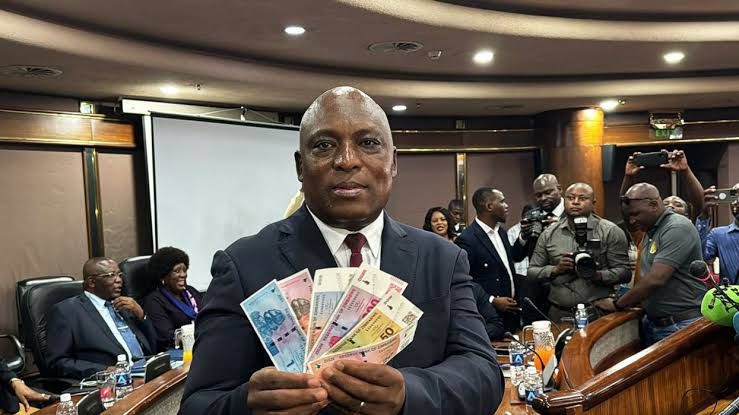There has been a lot of misinformation in the media regarding the US Sanctions Program on Zimbabwe. Today, we want to clear up any confusion by discussing the origins of the Zimbabwe Sanctions Program, the significant impact of US sanctions on Zimbabwe, the long struggle to have these sanctions lifted, and our ongoing efforts to seek reparations for the suffering endured by the people of Zimbabwe.
Over the past two decades, the US government imposed illegal sanctions on all sixteen million innocent Zimbabweans for its political and foreign policy aims. These illegal sanctions have deeply affected these innocent civilians and the nation’s socio-economic fabric. It is crucial to understand the full extent of their impact on human rights and the steps we are taking to address the injustice faced by our citizens.
In the early 2000s, the United States imposed the illegal Zimbabwe Sanctions Program extrajudicially and extraterritorially. These sanctions which were regulated by the Federal Regulation Code (CFR) 541, included, executive orders EO 13288, EO 13391, EO 13469 and were instituted through the International Emergency Economic Power Act. The sanctions were purportedly introduced in response to perceived political and human rights violations by the Zimbabwean government. However, the illegal measure, which collectively targeted the national government, local government, state-owned enterprises, investors, financial institutions, mines, farms, and other entities that did business with them—the entire engine of the Zimbabwean economy—were collective punishment of all Zimbabweans and thus deemed illegal by the UN in 2021.
The fact is that the objective of these illegal measures was to pressure the Zimbabwean government to reverse land reform, economic transformation, and to force the Zimbabwean government to return the economy and land to whites. It was also to force electoral reforms, which, alongside sanctions, would help achieve quick regime change to an opposition that would return land and economic control to white settlers.
In response to the dire situation, the Zimbabwe Anti-Sanctions Movement (ZASM) was formed as ZUAUWS (Zimbabweans Unite Against U.S. War Sanctions) and mobilized to advocate for the lifting of these illegal coercive economic measures. Our efforts involved educating all Zimbabweans, including government officials, on these sanctions; engaging international bodies and other human rights organizations on the issue; mobilizing and organizing Zimbabweans to fight sanctions; lobbying regional institutions like SADC and the South African government to champion the fight against these illegal sanctions.
Eventually, our efforts got the attention of US lawmakers and members of the U.S. security system, who approached us to understand our grievances. We presented arguments and evidence showing the magnitude by which U.S. sanctions contravened and violated international law, human rights principles, and put to shame the rules-based system that had been created by the U.S. government itself.
In particular, we raised the grievance that in the 20 years of sanctions on Zimbabwe, the U.S. government had failed to undertake human rights impact assessments (HRIA) of their unilateral coercive measures on innocent civilian, either when initiating the sanctions or on their yearly renewal. As a result, they had failed to assess, monitor, mitigate and remedy the suffering caused by their sanctions upon civilians, as UN guidelines on sanctions implementation recommended.
From this engagement in April 2021, the persons we engaged, wrote a report to the U.S. Congress informing them of our legitimate concerns on how U.S. sanctions were violating human rights. On May 25, 2021, the U.S. Congress sub-committee on health, human rights, and organization, led by Karen Bass, wrote an email to POLAD in Zimbabwe, informing them that they would be undertaking a human rights impact assessment of U.S. sanctions on Zimbabwe.
Of interest, was the fact that the subcommittee did not just end with undertaking this assessment in Zimbabwe, but they also extended it to all African countries under U.S. sanctions. This was the first time in history that the U.S. government ever undertook an assessment of their own sanctions since the advent of executive order sanctions to advance their political aims. It was clear from this response, that the U.S. government had taken serious note of our concerns and were trying to remedy those concerns, retrospectively.
That impact assessment would go on to prove that their executive order sanctions on Zimbabwe were depriving all Zimbabweans of the enjoyment of their human rights, healthcare, and development.
From this assessment, the subcommittee wrote a report to Congress and the White House recommending that the U.S. government remove the executive order sanctions on Zimbabwe because they were persecuting civilians and depriving them of their human rights.
It must be remembered at this point, that in 2000, while lobbying for sanctions to be imposed on Zimbabwe, Chester Crocker asked U.S. congressmen and senators to stomach the pain and suffering that would come from making the Zimbabwean economy scream, in order to separate the people of Zimbabwe from ZANU PF. This is a clear indication that there was a “deliberate intent” by the sanctions sponsors to persecute the Zimbabwean people and force them to reject their government and undertake forced and undemocratic regime change. This is a clear gross violation of human rights and, in the eyes of other human rights experts, it is persecution of civilians, which constitutes a crime against humanity.
With ZASM’s activism raising more awareness against sanctions, U.S. alternative media outlets like Break Through TV created documentaries, U.S. organisations like CASI held tribunals, and many international humanitarian lawyers like John Philpot of Sanctions Kill, grew interested in this humanitarian crisis in Zimbabwe. With the mobilization of SADC, more nations, human rights lawyers, and humanitarian activists began to voice concerns over the scope and agenda of the U.S. sanctions, arguing that the very nature of the sanctions was resulting in a human rights catastrophe within Zimbabwe, as the sanctions were inevitably affecting Zimbabweans from all walks of life.
In terms of impact, the imposition of these illegal measures on Zimbabwe had a profound impact on Zimbabwe’s ability to provide essential services like healthcare, education, and basic needs such as food and clean water, which was severely restricted. Reports from international organisations and the local death registry indicate that over 1.3 million Zimbabweans lost their lives due to the compounded effects of these sanctions, which included starvation, waterborne diseases, maternal deaths in labor, and lack of medical care. Additionally, the sanctions also led to the displacement of approximately 3 million refugees into mainly neighboring countries.
These figures highlight the devastating consequences of the persecution of ordinary Zimbabweans, whose daily lives were disrupted and whose futures were jeopardized by illegal coercive economic measures. The impact of the sanctions on Zimbabwean citizens was eventually also investigated by the UN Human Rights Council in September 2021, which found the following:
– Zimbabwe has lost well over U.S.$100 billion in revenue and development over the past nineteen years because of the sanctions.
– The nation has been deprived of over $28 billion in aid, loans, and developmental assistance which should have served as colonial reparations.
– The country’s foreign currency reserves were totally depleted by the prohibition of international trade, blocking of repatriation of export payments, and confiscation of the nation’s foreign assets.
– The significant progress that Zimbabwe had made in the development of infrastructure, as well as health, education, and other social service delivery systems between its independence in 1980 and 1999 when sanctions began informally, has been severely reversed due to the lost revenue.
– The proportion of the population in extreme poverty rose in the aftermath of sanctions, while child mortality, maternal deaths, and deaths from curable diseases increased exponentially due to a lack of medication, medical equipment, and shortages of qualified medical staff due to brain drain caused by displacement. Right now Zimbabwe has the highest cancer death rate in the world at 144 deaths per 100 000 people according to the World Health Organisation.
After this extensive advocacy by ZASM and other organisations, and the thorough assessment by the U.S. government’s own Congress subcommittee, it was recommended by U.S. advisors that the sanctions on Zimbabwe be lifted. The subcommittee’s findings highlighted the severe deprivation and human rights violations caused by the sanctions, which led them to conclude that their continuation was unjustifiable. Consequently, on April 4, 2024, the United States President and government were pressured to lift the executive order sanctions on Zimbabwe.
In the statement made by Joe Biden when removing the sanctions, he stated that they were removing the executive order sanctions and the Zimbabwe Sanctions Program to “refocus” the sanctions “away from the people of Zimbabwe, to target specifically those who violate human rights.” This statement was exceptionally damning for the U.S., as they were openly admitting that the Zimbabwean Sanctions Program can no longer continue because it was affecting Zimbabwean citizens and therefore needs to be “refocused.”
This decision was met with widespread relief and cautious optimism among the Zimbabwean populace. However, the fact that the U.S. government then went on to impose extrajudicially and extraterritorially the Global Magnitsky Act sanctions on eight Zimbabwean government officials – who included the President, his Vice, ministers, his wife, business people, and three companies – meant the perpetuation of U.S. impunity.
Nevertheless, it was clear that the lifting of sanctions, while significant, was only the first step in addressing the long-term damage inflicted on our nation. With the sanctions lifted, the U.S. government has begun an extensive propaganda campaign over the past month of May 2024, to convince the Zimbabwean people that its twenty-three years of sanctions were not targeted at the 16 million people. For us, this is a clear attempt by the U.S. government to escape culpability for collectively punishing, persecuting, killing, and underdeveloping the Zimbabwean people for the past 23 years, as they know that the people they collectively punished, are entitled to reparations for their gross human rights violations.
Our focus now, as ZASM, has shifted to seeking reparations for the suffering endured by the Zimbabwean people. The legal and moral basis for this pursuit is grounded in international human rights laws, specifically the principle of the Right to Remedy and Reparations for Gross Human Rights Violations, as recognized by the International Court of Justice. The Zimbabwe Anti-Sanctions Movement, in collaboration with a coalition of international lawyers, is preparing to take legal action to demand reparations.
These reparations are essential not only for acknowledging and addressing past injustices but also for providing the resources necessary to rebuild our nation and ensure a better future for all Zimbabweans. I invite all of you to join us in our fight for justice and reparations. Stand with Zimbabweans as we work towards rebuilding our nation and ensuring that those responsible for our suffering are held accountable. Your support is crucial in this endeavor. You can get involved by visiting our website, following us on social media, and contributing to our cause.
Together, we can make a significant difference and ensure a brighter future for Zimbabwe. Together, we stand. Together, we fight. Together, we WILL rebuild. Thank you.




